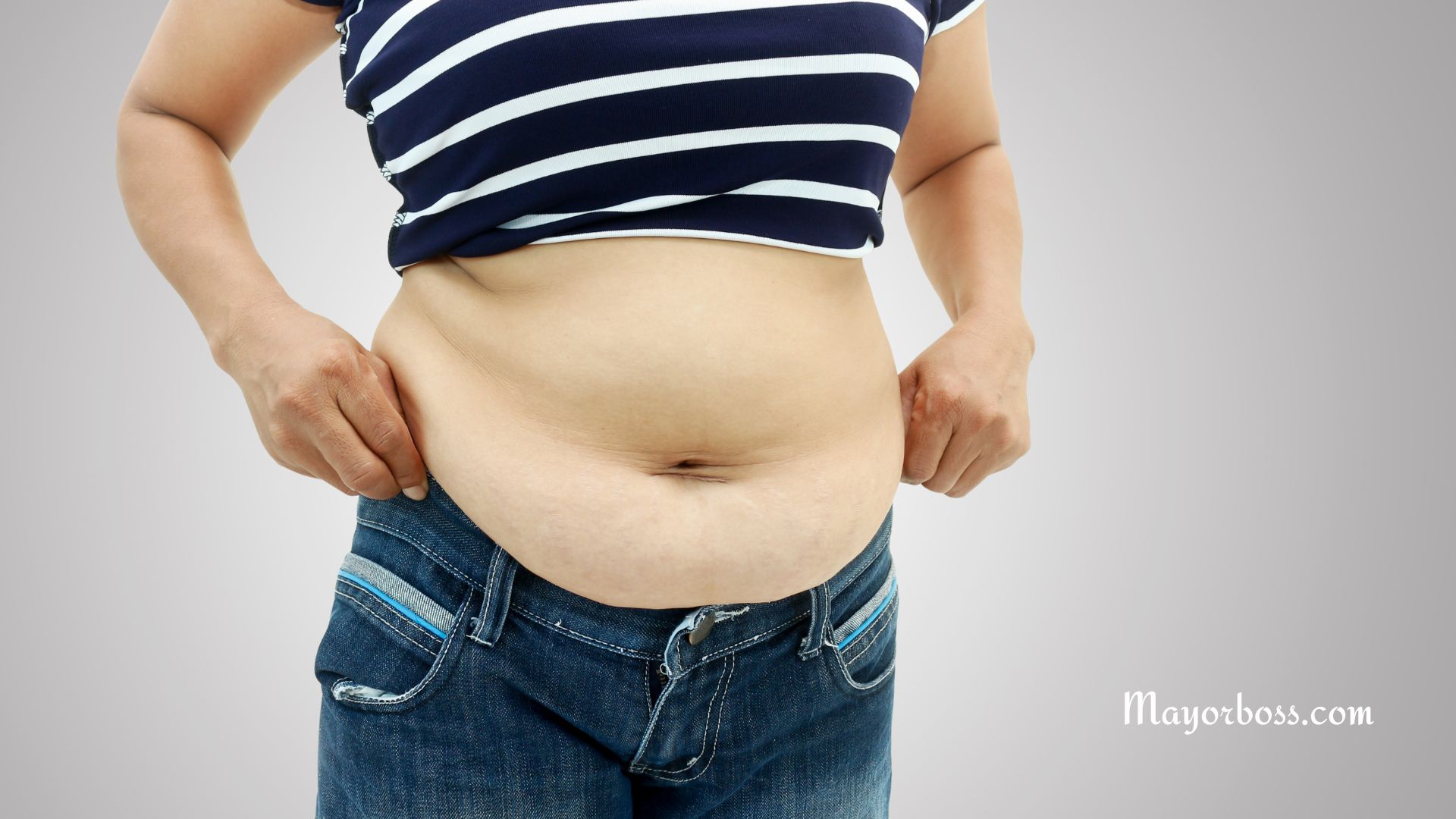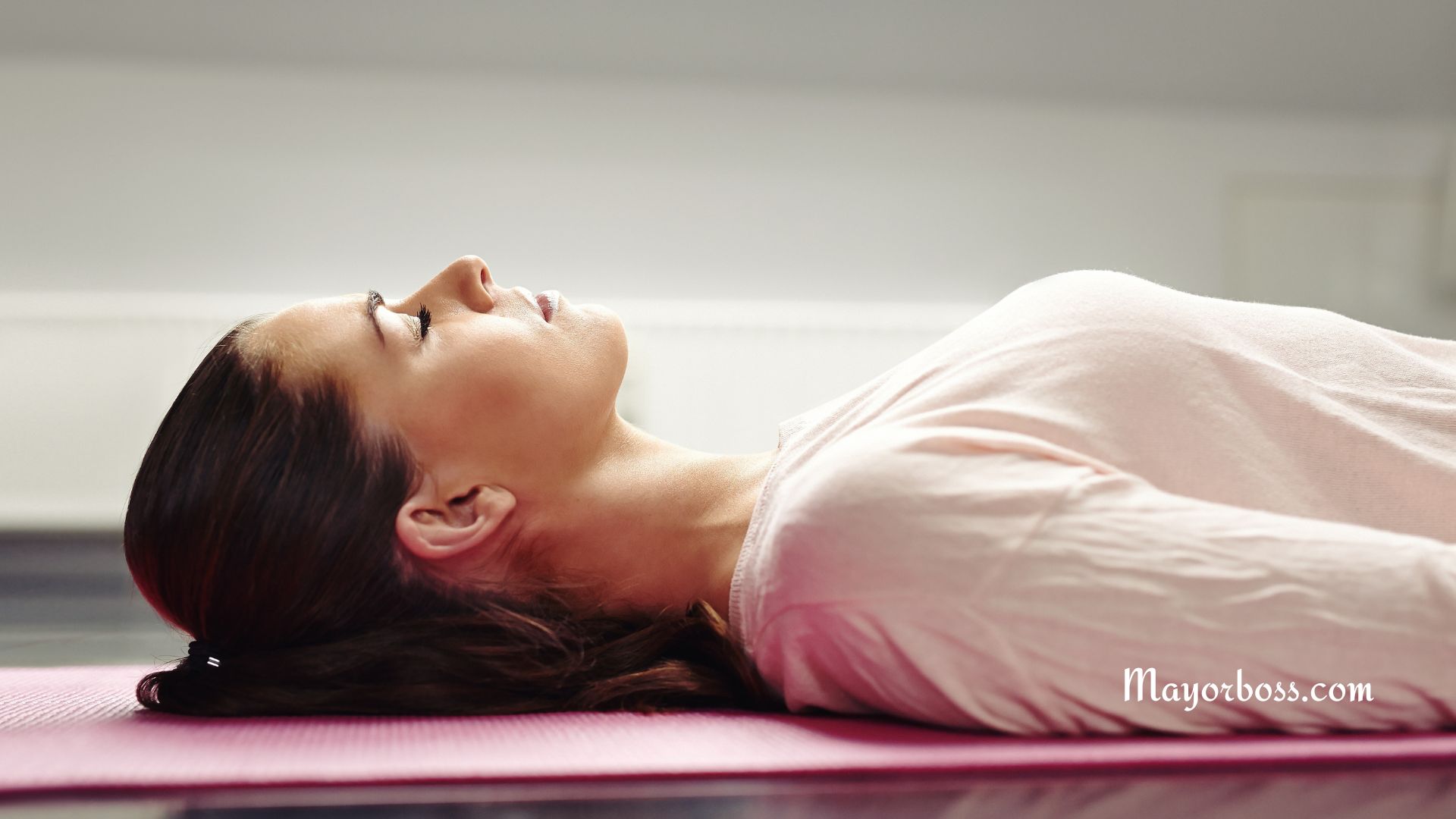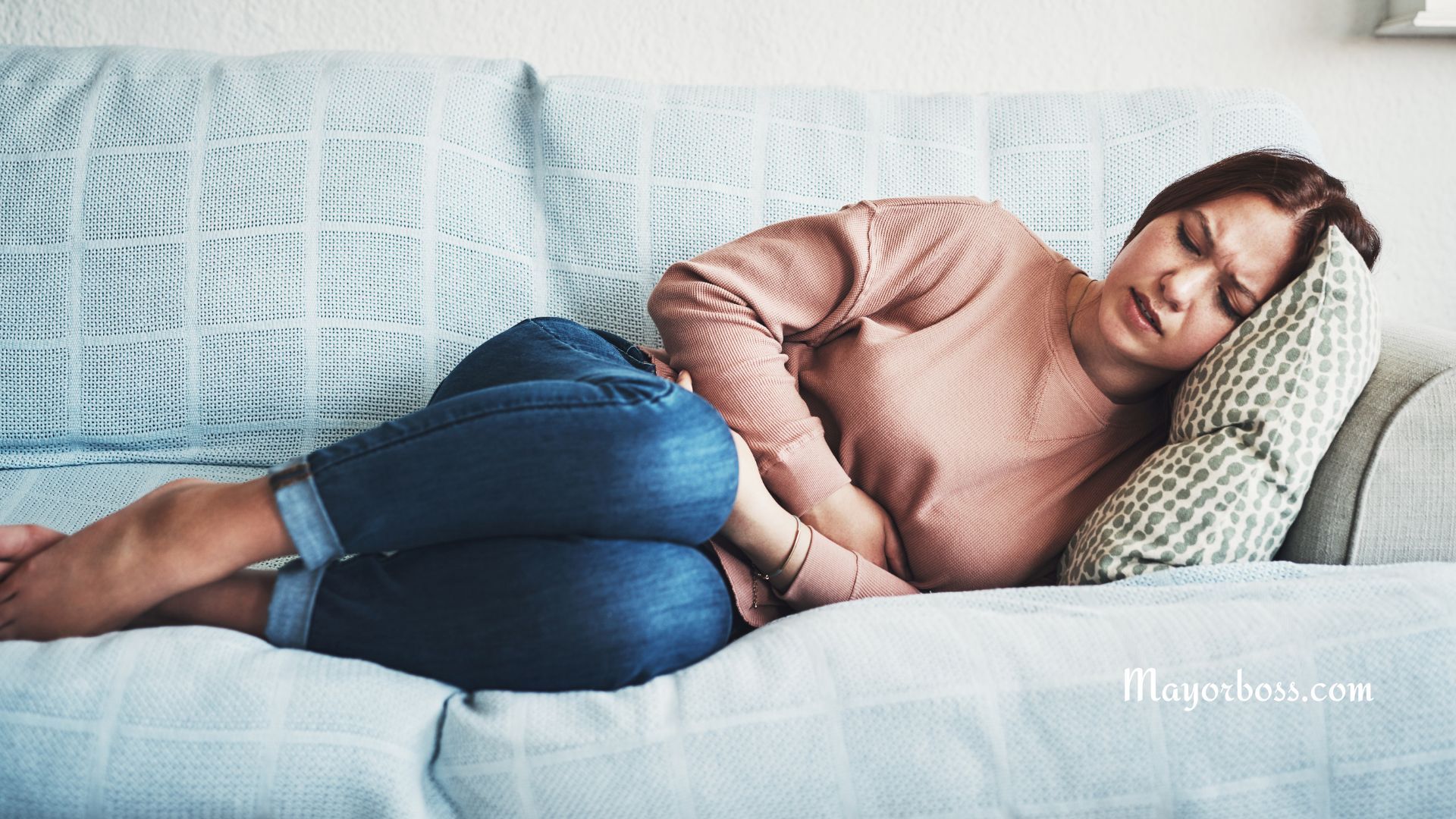14 Symptoms of Low Estrogen
You might not know it, but the hormone estrogen plays a big role in your overall health—especially for women. Estrogen helps to keep your bones strong, maintain your heart health, and regulate your mood, among other things. So, what happens when your estrogen levels are low? Here are 14 symptoms to look out for.
The most common symptoms of low estrogen levels are irregular periods, hot flashes, night sweats, mood swings, and weight gain.
Dr. Natalia Hapych, MD
What are the symptoms of low estrogen levels?
1. Tender breasts
Breast tenderness is a common symptom of low estrogen levels. The breasts may feel sore or sensitive to the touch. This symptom is often worse before the start of a menstrual cycle.
2. Irregular menstrual cycles
Menstrual cycles can become irregular when estrogen levels decline. The length of the cycles may shorten or lengthen, and the amount of bleeding may increase or decrease.
3. Fatigue
If you’re constantly feeling tired, even after a full night’s sleep, it could be a sign that your estrogen levels are low. Additionally, low estrogen levels can make it more difficult to fall asleep and stay asleep throughout the night.
4. Mood swings
Estrogen helps to regulate your mood, so if you’re noticing more extreme ups and downs lately, it could be because your estrogen levels aren’t where they should be. If you find yourself crying for no reason or getting angry over small things more often than usual, it’s worth talking to your doctor about getting your hormone levels checked.
5. Headaches
Low estrogen levels can cause changes in your brain chemicals that are responsible for pain sensation. This may lead to you getting headaches or migraines.
6. Depression
Low estrogen levels have been linked to depression in both women and men. So if you’ve been feeling down lately and nothing seems to be helping, it’s possible that low estrogen is to blame.
7. Hot flashes
Hot flashes are sudden feelings of heat that can cause sweating and a rapid heartbeat. They’re one of the most common symptoms of menopause, but they can also be caused by low estrogen levels. If you’re experiencing hot flashes and you’re not menopausal, it could be a sign that your estrogen is low.
8. Night sweats
The hormone estrogen helps control the part of your brain that regulates your body temperature. When estrogen levels are low, this can cause your body temperature to increase, which might lead to night sweats.
9. Vaginal dryness or atrophy
Estrogen helps to keep vaginal tissue healthy. When estrogen levels are low, the vagina can become less lubricated during sexual activity, which can lead to discomfort or pain. In severe cases, vaginal tissues can shrink and become thinner (a condition known as vaginal atrophy)
10. Dry skin
Estrogen helps keep the skin hydrated and prevents collagen from breaking down. When estrogen levels decline, the skin may become dry, thin, and less elastic. You may also notice more wrinkles and age spots.
11. Weight gain
Estrogen plays a role in regulating metabolism, so lower levels of this hormone can lead to weight gain, especially in your belly. You may also notice changes in your appetite or cravings for certain foods.
12. Brain fog
Ever feel like you can’t quite think as clearly as you used to? Brain fog is a common symptom of low estrogen levels. If you feel like you’re struggling to remember things or focus on tasks like you used to, make sure to mention it during your next doctor’s visit.
13. Sexual Dysfunction
Low estrogen levels can lead to erectile dysfunction and a decreased sex drive.
14. Bone Loss
Estrogen protects your bones. When estrogen levels go down, bone loss can occur. This can lead to conditions like osteoporosis.
How to Treat Low Estrogen Production
Here are some tips for treating low estrogen production.
Diet and exercise
Diet and exercise play an important role in maintaining hormonal balance. Eating a healthy diet that includes plenty of fruits, vegetables, and whole grains can help keep estrogen levels in check. Exercising for 30 minutes on most days of the week can also help to regulate estrogen levels.
Hormone replacement therapy
Hormone replacement therapy (HRT) is a treatment that involves taking synthetic hormones to supplement the declining levels of hormones in the body. HRT is generally only recommended for women who are experiencing severe menopausal symptoms or those who are at risk for osteoporosis or heart disease.
Lifestyle Changes
Certain lifestyle changes can also help to relieve symptoms of low estrogen production. Quitting smoking, reducing stress, and getting enough sleep can all help to regulate hormone levels. In addition, avoiding alcohol and limiting caffeine intake can also be helpful.
Herbal Supplements
There are several herbal supplements that have been traditionally used to treat low estrogen levels. Black cohosh is a popular herb that has been shown to be effective in relieving menopausal symptoms like hot flashes and night sweats. Other herbs that may be helpful include dong quai, ginseng, and red clover.
Conclusion
Low estrogen production is a common problem among women as they approach menopause. Symptoms such as hot flashes, night sweats, vaginal dryness, and bone loss can all be frustrating and debilitating. Fortunately, there are several treatment options available that can help to relieve these symptoms. Speak with your doctor about what treatment option may be right for you.
ALSO READ: How to Decrease Estrogen Levels Naturally






